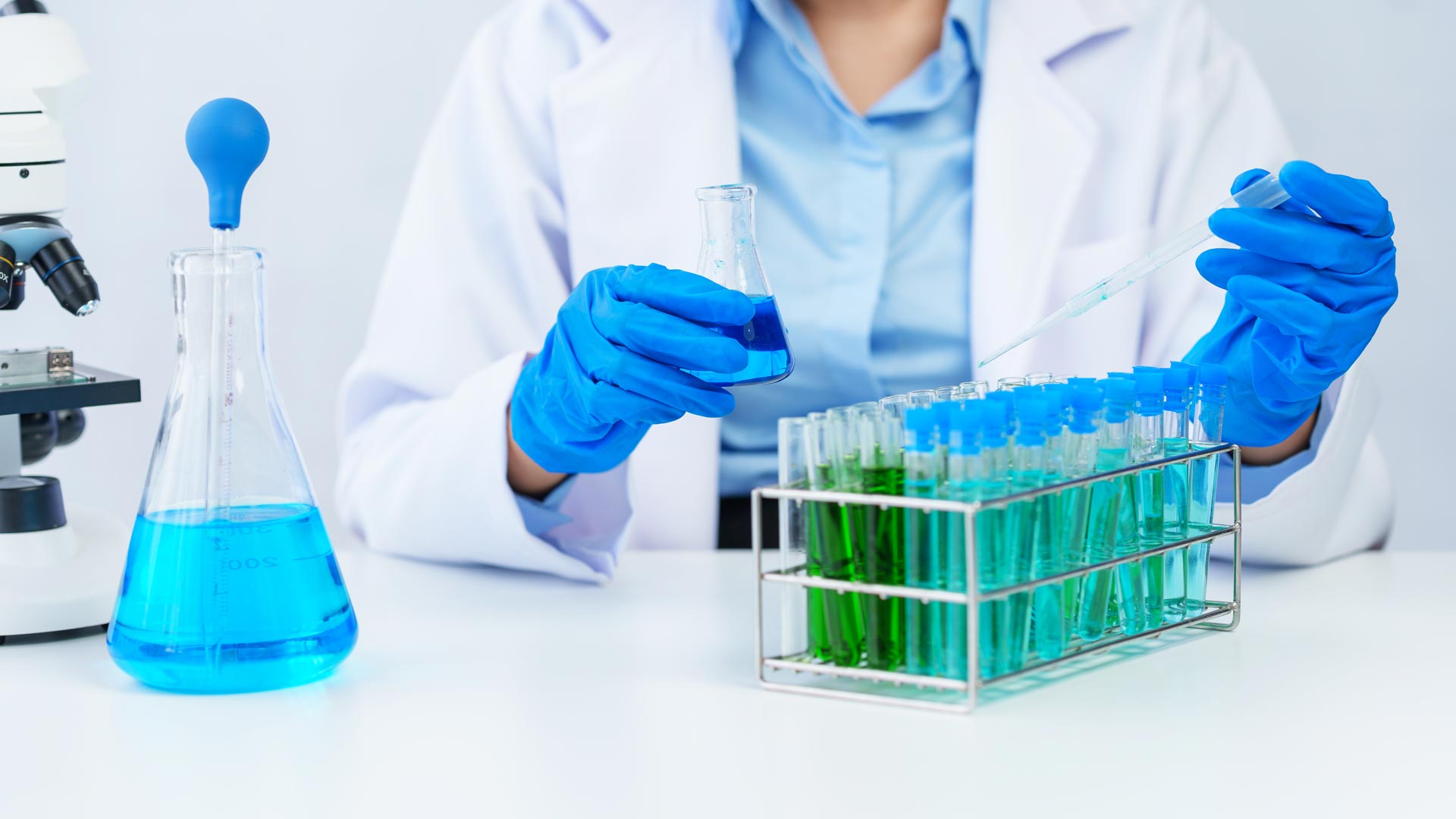Forensic Toxicology
Isolating and identifying substances in the body that may have contributed to crimes, death, and/or poisoning.
The Forensic Toxicology Laboratory determines the presence of alcohol, drugs, and other substances by analyzing blood, urine, and vitreous fluid. Medical Examiners use toxicology results to determine the cause and manner of death. Law Enforcement agencies use toxicology results to determine the presence of alcohol or drugs in cases involving driving under the influence (DUI), automobile homicides, sexual assaults, and other crimes.
Toxicology staff conduct analyses, issue reports on their findings, and provide courtroom testimony to interpret test results for the public.
The mission of the Utah Forensic Toxicology Laboratory is to provide excellence in toxicological analysis through the application of current forensic techniques and ongoing innovation to the statewide criminal justice community and the medical examiner's office.
DUI Law Change
Effective December 31, 2018, the legal BAC limit is 0.05
Sample Submissions
At minimum, samples must have the subject's first and last name, and the agency's case number. Please seal, initial, and date all containers.
Sexual Assault Kits
The laboratory will test properly collected blood and urine samples opens in a new tab obtained from suspected drug facilitated sexual assaults which have been collected on or after November 2017.
Client Services Manual
Document cannot be altered, duplicated, or reproduced without written approval of the Forensic Toxicology Director.
Toxicology Analysis Request Form
Updated January 2020
Volatiles by HSGC
Link to the current Volatiles by HSGC SOP
Blank Chain of Custody Form
This Chain of Custody document is for your records only. Do not submit this form to the laboratory.

Drug Testing Panels
